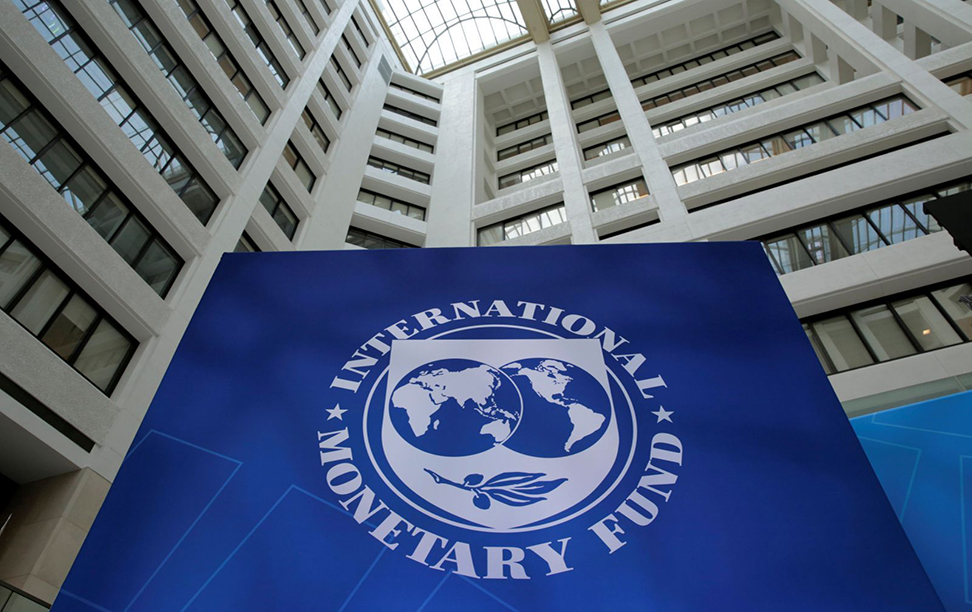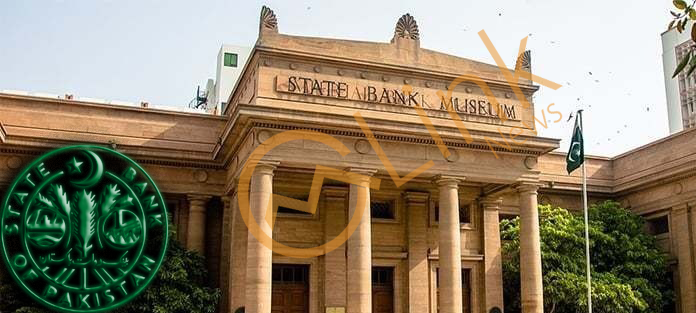Aug 18, 2020: The policy decisions taken by the government paid off in terms of a significantly reduced current account deficit, decline in imports, stability of the Pak rupee in the exchange market and growing investors' confidence.
According to 2 Years Performance Report launched by the government here Tuesday, the imposition of regulatory duty on non-essential imports reduced the import bill by 6.8 percent in FY2019 and 19 percent in FY2020 which significantly impacted the current account deficit that narrowed by 30 percent during FY2019 and by additional 73.6 percent during Jul-May, FY2020.
During CFY, the second phase of the Pak-China Free Trade Agreement came into effect that will allow the Pakistani manufacturers and traders to export around 313 new products to the Chinese market on zero duty.
The National Tariff Policy (NTP) was approved to remove anomalies in import duties structure and to use it as an instrument to catalyze industrial production and for export growth.
E-Commerce policy was also approved which is based on the vision to create an enabling environment for holistic growth of e-Commerce across all sectors of the country.
Despite a global slowdown in trade and widespread disruption of supply chains in the wake of COVID-19, exports (goods and services) in the eleven month period of FY 2020 (July-May) stood at USD 25.99 billion.
Remittances in FY 2020 (July-May) stood at USD 20.65 billion, an increase of 2.7 percent as compared to the same period of last FY.
The foreign Direct Investment (FDI) for FY 2020 (July-May) was USD 2.4 billion, an increase of 91 percent as compared to the same period of last FY.
Foreign exchange reserves of the State Bank of Pakistan stood at USD 12.17 billion at end June 2020, it added.
With the State Bank of Pakistan adopting a market driven exchange rate, the initial pressures witnessed on the Pakistani Rupee have subsided. Pakistan entered into a 39 month Extended Fund Facility (EFF) program with the IMF in July 2019 to implement its reforms agenda.
Federal government has announced “National Agriculture Emergency Programme” of Rs277 billion aimed at boosting crops yield, water conservation, fisheries and livestock development.
Long-Term Finance Facility has been provided at the same rate of 6.0 percent and Export Refinance Facility at 3.0 percent for business facilitation in FY2020.
Special package for construction sector that includes amnesty scheme, tax exemptions and Rs30 billion subsidy for Naya Pakistan Housing Scheme.
The ECC has approved Rs 50.7 billion package to provide indirect cash flow support to the Small and Medium Enterprises (SMEs) through pre-paid electricity bills for May-July FY2020.
Government is providing subsidies to industrial sector for electricity and gas, as export development package.
Under an agreement, the zero-rated industries, including textiles, would be provided electricity at an all-inclusive rate of 7.5 cents per unit (kWh) and gas at $6.5 per unit (mmBtu) until June 30 this year.
Under CPEC, project of “Allama Iqbal Industrial Zone” Faisalabad has been inaugurated with the aim to attract investment in automobiles, value-added textiles, engineering, pharmaceuticals, food processing, chemicals, construction materials and packaging sectors.
The government enacted Public Finance Management Act, 2019 which lays the foundation of a more disciplined budgeting and financial management in the government.
Greater autonomy to State Bank of Pakistan has been given so that the monetary policy can be used in full strength for controlling inflation.
A Treasury Single Account has been created disallowing government money to be parked in commercial bank accounts.
‘Sarmaya-e-Pakistan Limited’ (SPL) company was incorporated on February 2019 to oversee and manage the selected SOEs to be gradually transferred to SPL.
Federal Government has notified National Tax Council to implement harmonized General Sales Tax in the country. Market-based Exchange rate regime was adopted to stabilize the market. Further, PSDP spending was facilitated by removing the restrictions, the report added.
APP
36385







